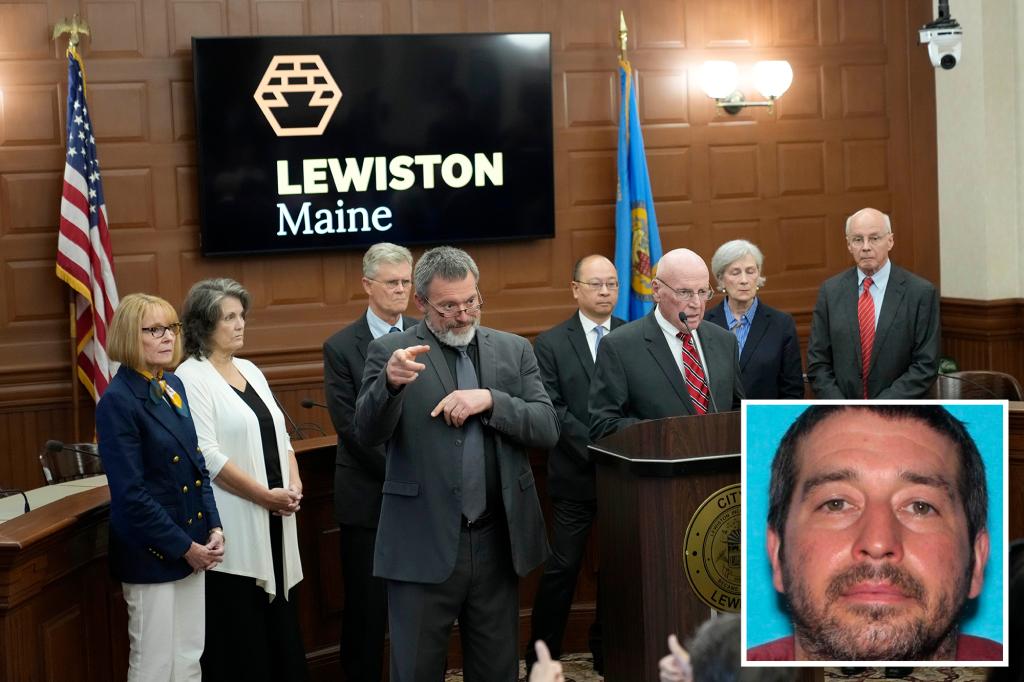A special commission in Maine released its final report on the deadliest shootings in the state’s history, which left 18 people dead. The report stated that both the Army Reserves and local police missed opportunities to intervene in the gunman’s psychiatric crisis and seize weapons from the perpetrator, Robert Card. The commission highlighted shortcomings by the police for failing to take the shooter’s weapons and by the Army Reserves for not providing proper care for Card.
The 215-page report reiterated the commission’s interim finding from March that law enforcement had the authority to seize the shooter’s guns and place him in protective custody weeks before the shootings. The commission emphasized that the Army Reserves should have taken more action to ensure proper care for Card and manage his access to weapons. Daniel Wathen, the chair of the commission, acknowledged the victims of the tragedy and stated that it is impossible to know if the events would have occurred if the police and the Army had taken a different approach. He defended the commission’s decision not to make recommendations and said it was up to others to implement changes based on the report.
During its nine months of work, the commission heard emotional testimony from family members, survivors, law enforcement officials, and U.S. Army Reserves personnel. The public hearings revealed the swift response by police to the shootings but also highlighted the chaos during the search for the gunman. Family members and reservists testified about Card’s delusional and paranoid behavior leading up to the shootings, with warnings being raised by fellow reservists prior to the tragic event. Army officials conducted their own investigation and disciplined three Army Reserve leaders for dereliction of duty, citing communication failures within the chain of command.
After the shootings, Maine’s legislature passed new gun laws for the state, including a three-day waiting period for gun purchases. The commission, chaired by former Maine Chief Justice Daniel Wathen, consisted of former federal prosecutors, judges, a forensic psychologist, and a private psychiatrist. The commission concluded that there were missed opportunities by both the Army Reserves and local police to prevent the tragedy from occurring and highlighted the need for better care for individuals in crisis and stricter gun control measures. Overall, the report called for systemic changes to prevent similar incidents in the future while honoring the memory of the victims.


